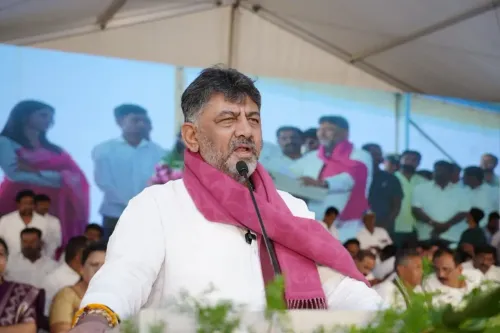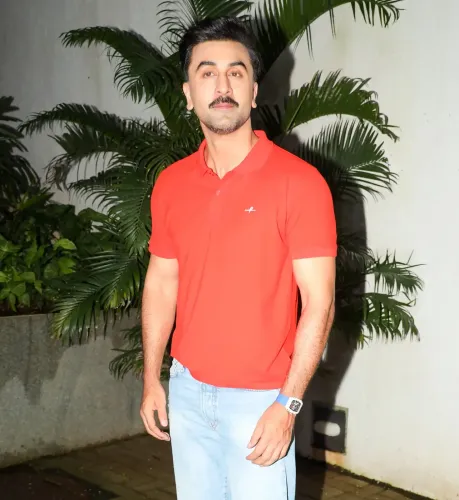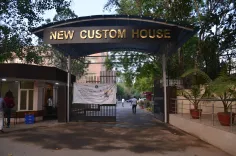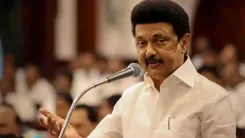Will the Supreme Court Appoint a Committee for Shri Banke Bihari Temple Management?
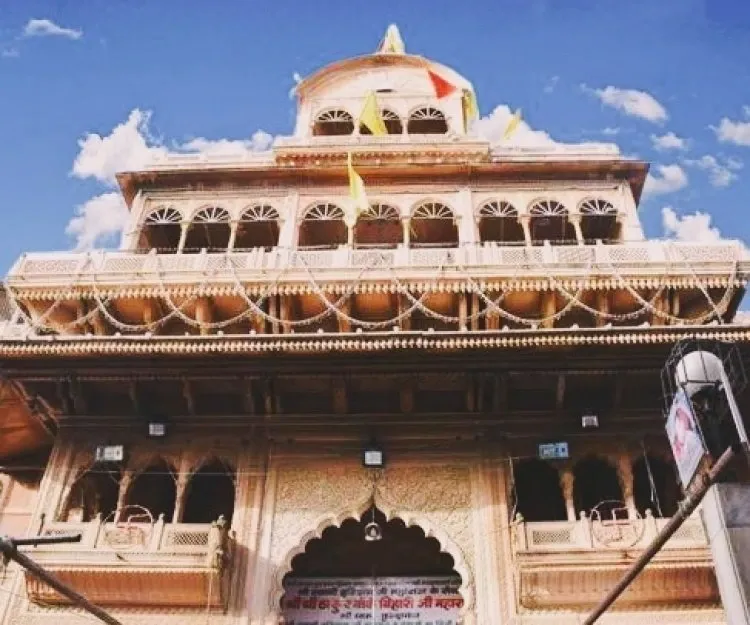
Synopsis
Key Takeaways
- Supreme Court may appoint a committee for temple management.
- Uttar Pradesh's 2025 Ordinance faces legal challenges.
- Potential state interference in religious affairs raises concerns.
- Importance of preserving Haridasi Sampraday traditions emphasized.
- Legal implications could affect future religious governance.
New Delhi, Aug 4 (NationPress) The Supreme Court indicated on Monday that it might refer a series of petitions to the Allahabad High Court contesting the Uttar Pradesh government’s 2025 Ordinance, which essentially takes over the management of the esteemed Shri Banke Bihari Temple located in Mathura-Vrindavan.
A panel of Justices Surya Kant and Joymalya Bagchi proposed the formation of a committee led by a retired High Court judge to oversee the temple’s operations until a ruling on the legality of the new Ordinance is made.
The Bench presided over by Justice Kant was addressing several petitions challenging the Uttar Pradesh government’s decision to gain control of the temple’s administration, which has historically been managed under a private framework established in 1939.
It mentioned that the suggested management committee could encompass the District Collector and various state government officials, while stressing that the temple rituals must adhere to the traditions of the Haridasi Sampraday.
During the proceedings, the apex court expressed concern over the “rushed nature” in which the Uttar Pradesh government enacted the Shri Bankey Bihari Ji Temple Trust Ordinance, 2025. It criticized the “secretive manner” in which the government secured authorization from the Supreme Court via its May 15 ruling to utilize temple funds for the corridor development initiative.
Highlighting that this approval was granted through an application linked to an ongoing civil dispute, the Justice Kant-led Bench remarked that the top court might contemplate retracting its prior orders permitting the state government to access temple funds.
The hearing on the petitions contesting the government’s recent Ordinance was postponed until Tuesday, allowing Additional Solicitor General K.M. Nataraj time to seek further instructions regarding the Bench’s recommendations.
One of the petitions argued that the Shri Bankey Bihari Ji Temple Trust Ordinance, 2025 constitutes state interference in religious matters, jeopardizing the independence of the existing temple management committee.
It asserted that the state government failed to provide a compelling rationale for issuing such an Ordinance and offered no substantial justification for assuming control over the temple’s administration.
The petition, submitted by advocate Sankalp Goswami, claimed that the Ordinance infringes upon the rights of the Haridasi/Sakhi Sampraday to govern its religious affairs and the rights of its members to freely practice, profess, and propagate their faith, suggesting that alterations to core religious practices, rituals, and traditions could displease the deity and threaten the survival of the entire denomination.
“Sections 5 (1)(i), 5 (i), and 6(8) of the Ordinance directly contravene Article 26(c) and (d) as they permanently strip the religious denomination of its administrative rights and transfer them to a non-denominational secular authority. Thus, under the guise of improved management, the Ordinance has effectively usurped administration from the religious body and established a completely new governing entity, rendering the religious denomination obsolete,” stated a plea, asserting that the temple is neither public property nor a state-run trust.


